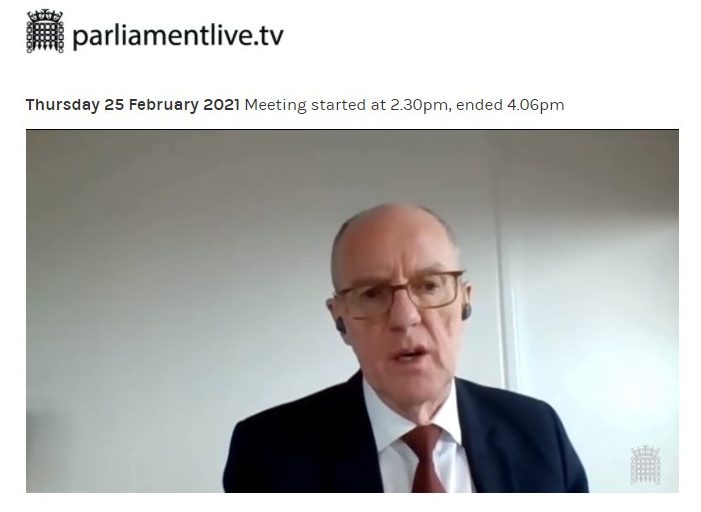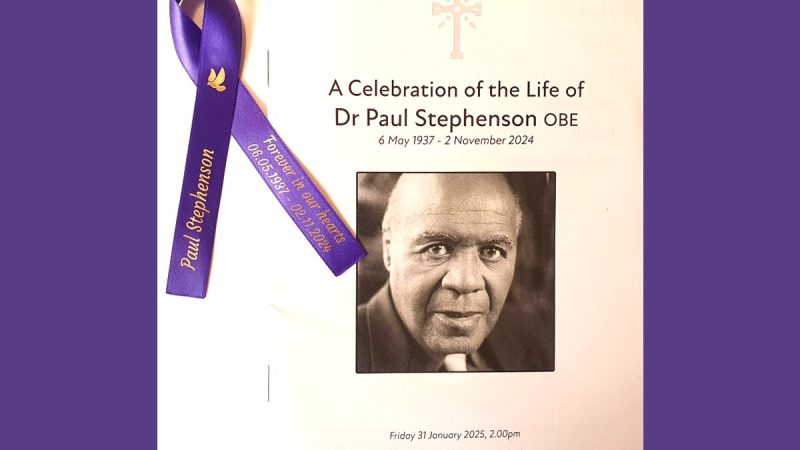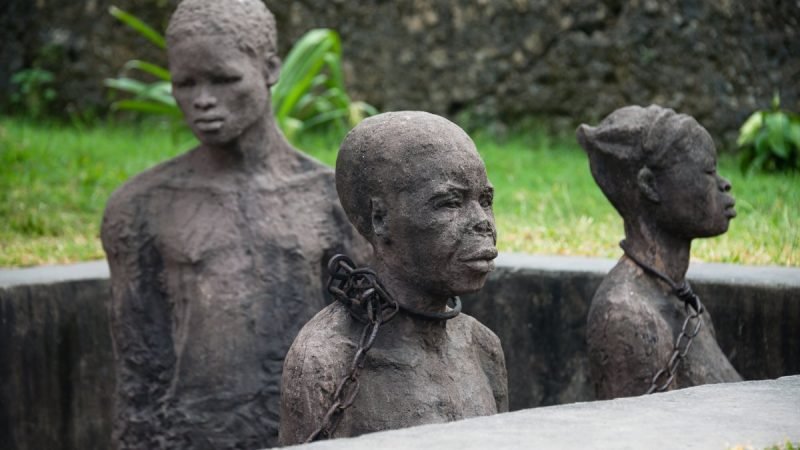Education Minister questioned on Black history & cultural diversity

Education Minister Rt Hon Nick Gibb MP, was questioned by the Parliamentary Petitions Committee and Women and Equalities Committee, on the subject of black history and cultural diversity in the national curriculum, after hundreds of thousands of people signed petitions on this issue. The evidence session, held Thursday 25th February 2021, also included Andrew McCully, Director General for Early Years and Schools Group, Department for Education. This session follows two evidence sessions in November, where the committees heard from petitioners, experts and academics on the need for change following several popular petitions calling on the Government to diversify and decolonise the curriculum.
Click here to view the debate on Parliamentary TV.
Teach Britain's colonial past
A petition calling on the Government to Teach Britain's colonial past as part of the UK's compulsory curriculum, which has received more than 268,000 signatures to date, is among those that have led to these sessions.
The petition states: “Currently, it is not compulsory for primary or secondary school students to be educated on Britain's role in colonisation, or the transatlantic slave trade.
“We petition the government to make education on topics such as these compulsory, with the ultimate aim of a far more inclusive curriculum.
“Now, more than ever, we must turn to education and history to guide us.”
BAME history in the UK education curriculum
Two other petitions, Add education on diversity and racism to all school curriculums and Making the UK education curriculum more inclusive of BAME history, have also received more than 114,500 signatures combined.
Ahead of scheduling a debate on these petitions, the Committee agreed to work jointly with the Women and Equalities Committee to hear oral evidence on the issues that these petitions raise.
As part of its work relating to these petitions, the Petitions Committee sought the views and experiences of teachers, school staff and home educators through an online survey - Petitions Committee - Online engagement on Black history and cultural.
Key findings in the survey included:
- 90% of respondents felt there should be a statutory requirement that for all children to be taught explicitly about the history of Britain’s ethnic and cultural minorities, including Britain’s role in colonisation and the transatlantic slave trade
- 45% of primary school respondents and 64% of secondary school respondents ‘strongly disagreed’ or ‘disagreed’ with the statement that ‘The National Curriculum ensures that students in my school experience a balanced range of ethnically and culturally diverse role models’.
- 1 in 4 teachers told us they lacked confidence in their ability to develop their pupils’ understanding of Black history and cultural diversity. This lack of confidence was expressed fairly consistently by teachers no matter their ethnic background.
- The most requested form of additional support was ‘Specialised CPD/in-school training’, selected by 88% of primary and 85% of secondary teachers
Catherine McKinnell MP, Chair of the Petitions Committee, said:
“I was impressed with the breadth and depth of the conversation in our joint evidence sessions in November. We heard from several academics, campaigners, and inspiring young petition creators during the sessions, who explained to our committees why this issue is so important and what they believe needs to happen next.
“Through our engagement with teachers we found that an overwhelming majority agree with petitioners that giving teachers the flexibility to teach about these issues is not enough – there needs to be a statutory requirement to teach about Black history and cultural diversity.
We also heard that many lack the confidence to teach about Black history and cultural diversity and need further support. It is also concerning that many teachers believe that their students are not experiencing a balanced variety of diverse role models.
“I look forward to discussing these important issues with the Minister.”
Caroline Nokes MP, Chair of the Women and Equalities Committee said:
“A rich and diverse National Curriculum is vital for equipping young people with a fuller understanding of the breadth of British history and the contribution to society by all parts of the community. Whilst the curriculum currently offers opportunities for this – it is not clear that this optional approach is sufficient, especially for educating young people about black history. We have already heard thought-provoking evidence from people who have created petitions on this subject, from leading education providers, experts and academics. We are keen to hear what the Government plans to do to create a more inclusive diverse curriculum.”
In response to the petition Teach Britain's colonial past as part of the UK's compulsory curriculum, the Government said: “The history curriculum at Key Stage 3 includes the statutory theme “ideas, political power, industry and empire: Britain 1745-1901”. Topics within statutory themes are chosen by schools and teachers.”
Petition details
Teach Britain's colonial past as part of the UK's compulsory curriculum
Add education on diversity and racism to all school curriculums
Making the UK education curriculum more inclusive of BAME history





